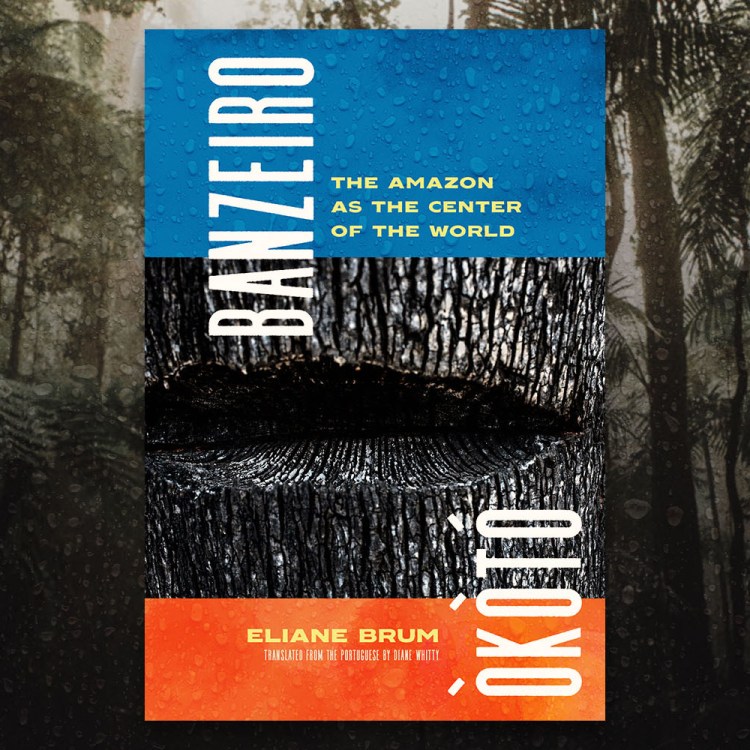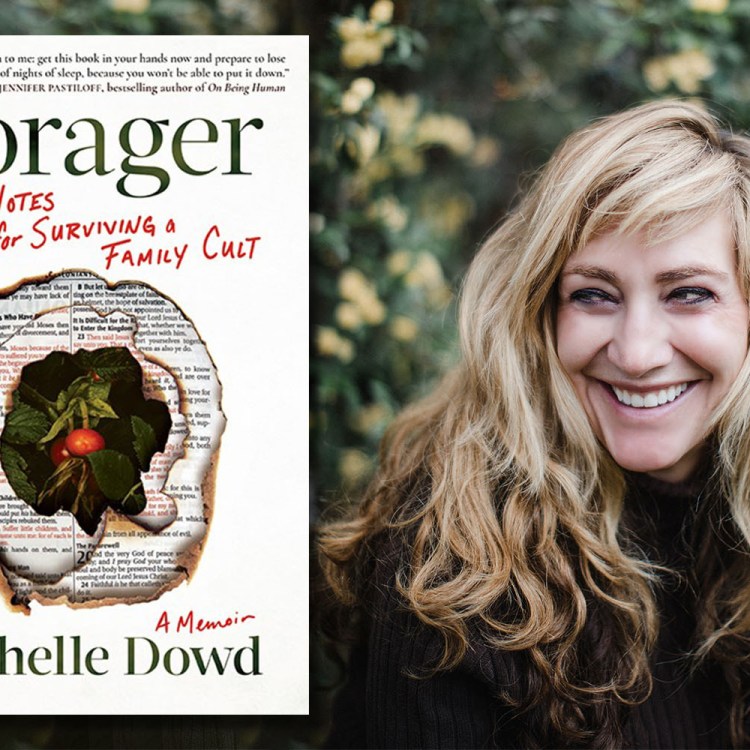How long does it take to properly process a historical event and turn it into something memorable? For every work like John Hersey’s classic Hiroshima, published just over a year after the nuclear explosion there, there are numerous instances of books that have been rushed into production to address a high-profile contemporary event. This isn’t confined to the world of publishing by any means — but the contrast between the frequently long periods of writing and production usually associated with books and the more rapid measures taken to bring certain titles into the world.
All of which is a somewhat roundabout way of saying that we’re about to be deluged with a lot of books about the coronavirus. At The New York Times, Alexandra Alter has the story, and the context that this spans a whole slew of genres, from works of reported nonfiction to political commentary and analysis to anthologies of poetry.
As Alter notes, the timing of these books poses some potential hazards:
With so many unanswered questions about the virus, how it spreads and when a vaccine might arrive, works that are reported and written over the next few months risk being out of date, or dangerously incorrect, by the time they are published. The severity of the economic and political fallout is also still a big unknown.
It’s a conundrum that many editors and publishers face, and it’s at a time when there are plenty of other uncertainties in the book world. Will the abundance of coronavirus-related books be viewed, in retrospect, as an unwise decision? Or will it yield works that help us understand the world better? Time will tell.
Subscribe here for our free daily newsletter.
Thanks for reading InsideHook. Sign up for our daily newsletter and be in the know.


















